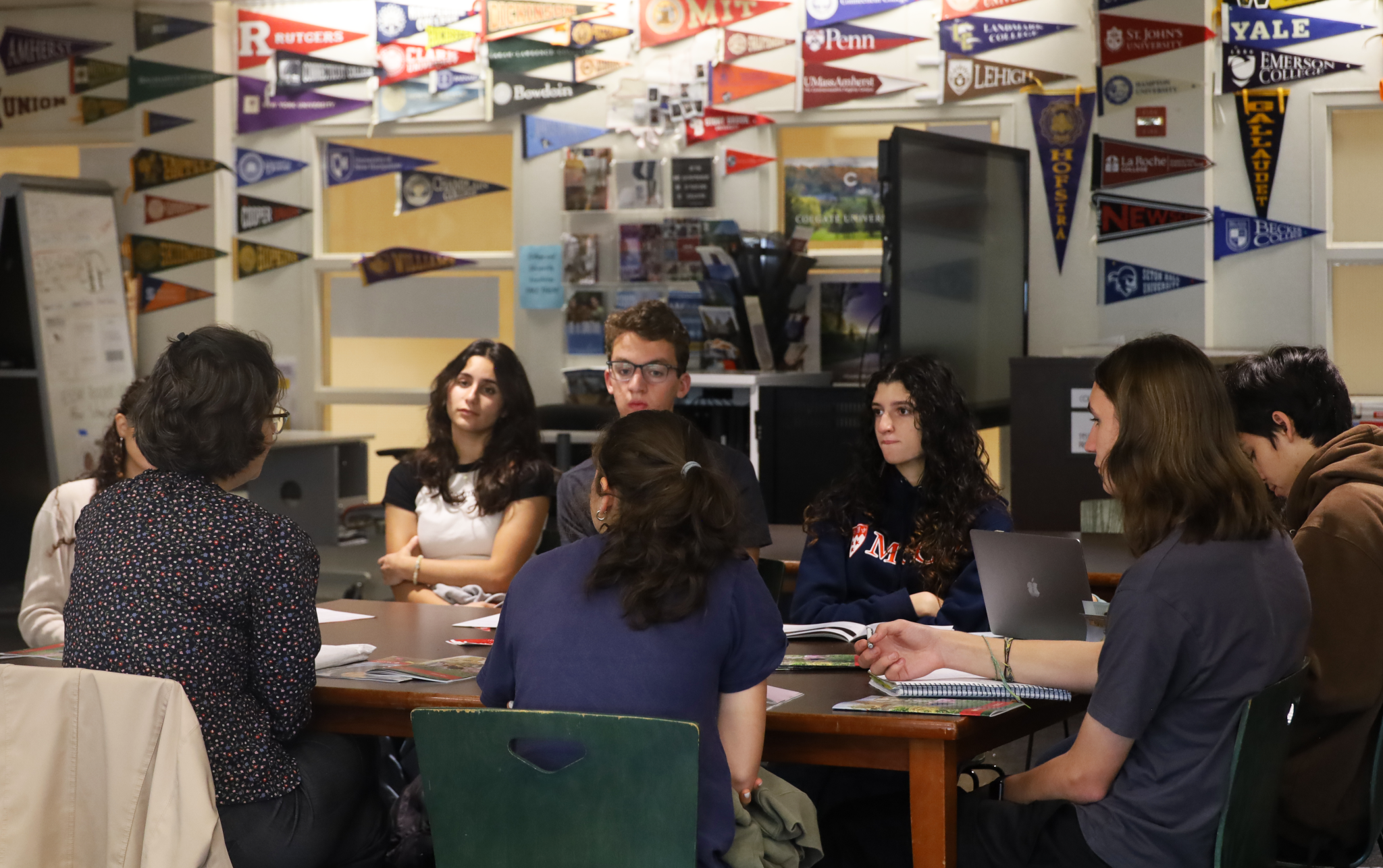Choosing a college major and subsequent field of study is one of the most important decisions a high school senior makes, and is rarely a simple one. Having to essentially choose your job at a young age can be extremely anxiety-inducing for high school students.
There are a variety of ways in which one chooses a major. On the one hand, students tend to focus on their personal interests; a student who likes history might be tempted to go into history-related fields because they genuinely enjoy the subject matter. On the other hand, some students only consider the job market and the money they expect to make from a certain field. Students’ decisions are growing increasingly impacted by the recent rise in tuition and unemployment rates, forcing them to not only consider their interests, but also their future job prospects. Students must consider both when deciding on a college major.
When seniors choose a college major without considering the job market, they may be unintentionally setting themselves up for financial hardship and job insecurity. Certain fields, like software engineering or data entry, have more qualified workers than available positions, known as oversaturation. Going into an oversaturated field limits career opportunities and leads to lower salaries and troubles finding employment. It is especially important to consider career viability as it becomes increasingly difficult for college graduates to acquire their first full-time jobs. According to the U.S. Bureau of Labor Statistics, the unemployment rate for workers just entering the job market has jumped to a nine-year high. This is due to several factors, such as an economic slowdown, advancements in artificial intelligence, and a rise in the number of students with a college degree. Likewise, there has been an increase in underemployment, a situation in which a person is employed but is overqualified for their position. According to the Federal Reserve Bank of New York, areas such as criminal justice and the performing arts are experiencing the highest rates of underemployment.
With rising tuition costs, it’s no surprise that many students’ decisions depend on future job prospects. But while financial stability is important, choosing a major solely for its potential rewards is unlikely to lead to lasting fulfillment. Spending four years in college studying subjects one finds mundane because they think it will bring them money will cause burnout and dissatisfaction. It’s also unwise to choose a job based on the current economy; the job market evolves rapidly and may look entirely different by the time current high schoolers are ready to enter it.
Seniors should consider the future value of their major and their passions together. Aligning their skills with their interests will likely lead to more rewarding careers and ensure that people are both mentally and financially fulfilled.





